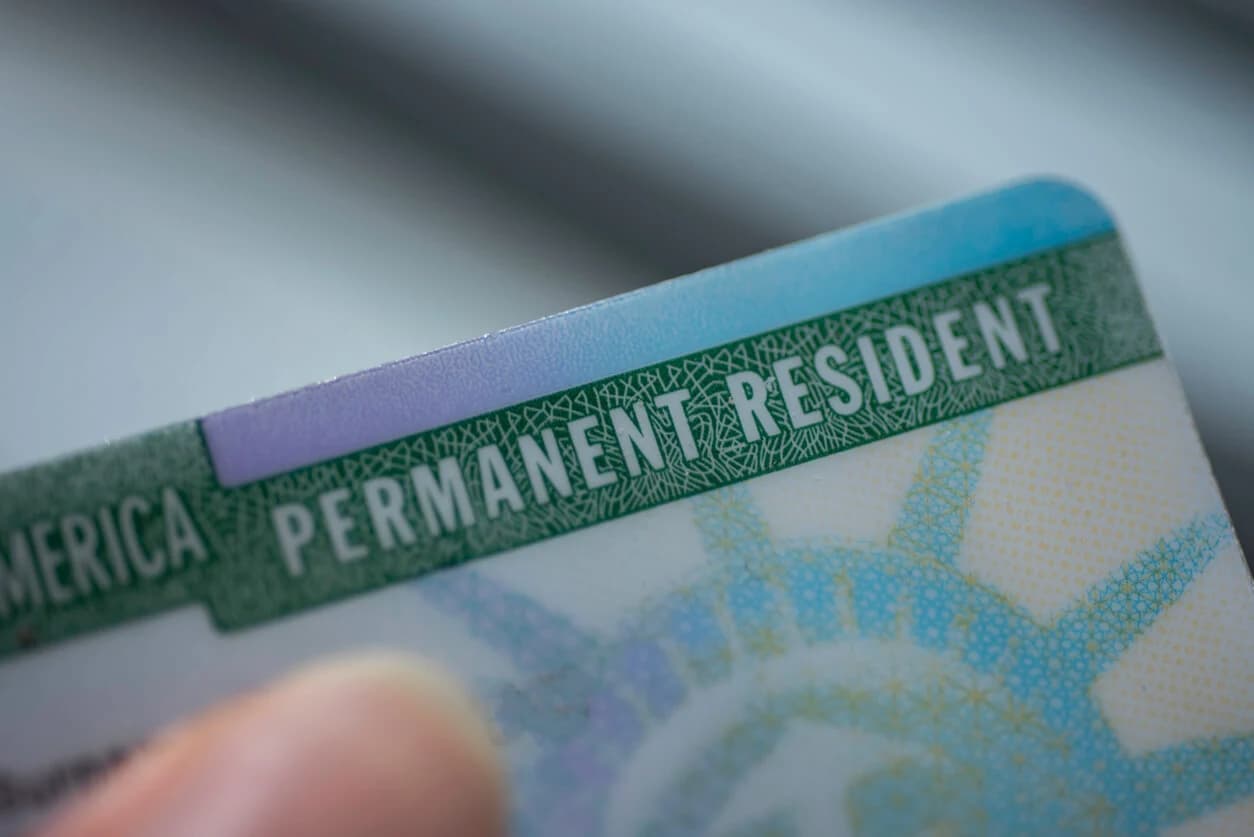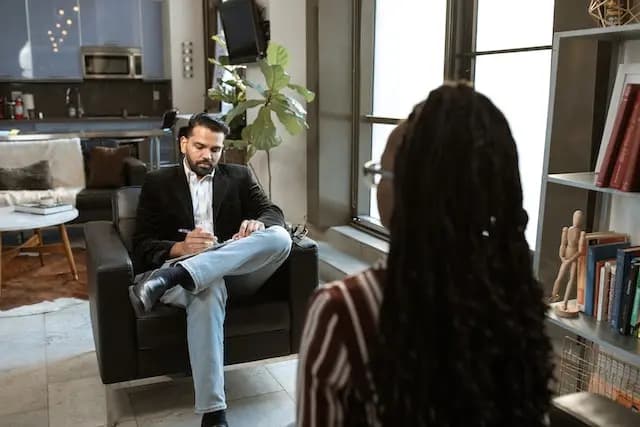Transforming Tourist B1/B2 Visa to Green Card: Is it Possible?

Key Highlights
- B1/B2 visas are for temporary business or tourism visits.
- Family-sponsored green cards are available for immediate relatives of U.S. citizens.
- Employment-based green cards require a U.S. employer sponsorship.
- Visa fraud concerns if intent to immigrate is clear upon entry.
- Consult an immigration attorney for professional guidance.
Today we will embark on an exploration of a question that often swirls in the minds of many who come to the United States with a B1 or B2 visa: "Can I transition from a B1/B2 visa to a green card?" This might seem like stepping through a magical portal into a world of permanent residency and unlimited opportunities, but is it really possible? Buckle up as we break down this complex subject and dive into the realms of immigration law and policies.
The B1/B2 Visa: A Brief Overview
Before we get ahead of ourselves, let's set the stage by defining what a B1/B2 visa is. The B1 and B2 visas are non-immigrant visas granted by the U.S. to foreign citizens. B1 is primarily for business-related visits (meetings, conferences, etc.), while B2 is for pleasure, tourism, or medical treatment. These visas are usually granted for a period of 6 months or less, but extensions are possible under specific circumstances.
Now, let's get back to the magical portal analogy and see how, or if, you can transition from this temporary status to permanent residency, also known as obtaining a green card.
The Transition: A Complex Pathway
Here's the truth right upfront – yes, it's possible to transition from a B1/B2 visa to a green card, but it's not a straightforward process. It's like a game of chess where you must know the rules, have a strategy, and anticipate challenges. There are legal pathways to change your status, but they often require precise timing, careful planning, and meeting specific criteria.
-
Family-Sponsored Green Cards
If you are an immediate relative of a U.S. citizen – such as a spouse, unmarried child under the age of 21, or parent (if the U.S. citizen is over 21) – you could potentially apply for an adjustment of status to become a permanent resident while in the U.S. This adjustment of status involves filing Form I-485 with the U.S. Citizenship and Immigration Services (USCIS).
However, it's critical to remember that the intent matters. If you entered the U.S. with a B1/B2 visa intending to apply for a green card, this could be seen as "visa fraud" because these are non-immigrant visas, and your initial intent should align with that.
-
Employment-Based Green Cards
Another pathway is the employment-based green card. If you have unique skills, education, and work experience, you could be sponsored by a U.S. employer for a green card. However, remember that the process is complex, time-consuming, and might require you to change your visa status to a dual intent visa like H1-B before adjusting to a green card.
-
Diversity Visa Lottery
The U.S. Department of State runs the Diversity Immigrant Visa Program, also known as the Green Card Lottery. It allows 50,000 randomly selected people from countries with low immigration rates to the U.S. to become permanent residents. If you're in the U.S. on a B1/B2 visa and win the lottery, you could adjust your status.
The Reality Check: Potential Challenges
While the prospect of moving from a B1/B2 visa to a green card is enticing, it's important to have a reality check. It's a journey filled with paperwork, waiting periods, potential denials, and legal complexities.
Visa Fraud Concerns: The U.S. immigration law takes the concept of "intent" very seriously. If you entered the U.S. with a B1/B2 visa intending to immigrate permanently, that could be perceived as visa fraud.
Status Violations: Overstaying your B1/B2 visa or violating your status in other ways could lead to deportation and/or a ban from re-entering the U.S.
Denials and Delays: Immigration applications could be denied for various reasons, and administrative processing could lead to long delays.
The Safe Bet: Consult an Immigration Attorney
Navigating U.S. immigration law can be as intricate as finding your way through a maze. It's highly advisable to consult with an experienced immigration attorney who can provide guidance based on your specific circumstances. They can help clarify your options, assist with the paperwork, and provide counsel throughout the process.
The Bottom Line: It's a Journey
So, is it possible to transition from a B1/B2 visa to a green card? Yes. Is it easy? Certainly not. But with the right knowledge, careful planning, and perhaps professional legal assistance, it's a journey you can embark on. Like any great voyage, it may be fraught with challenges and unexpected twists and turns, but the destination could well be worth it. Happy traveling!
I hope this article has shed some light on your path towards American residency. Stay tuned for more insights into U.S. immigration, travel, and life.
Disclaimer: The information provided in this blog post does not constitute legal advice and should not be construed as such. Always consult with a qualified immigration attorney for any legal advice related to your situation.
Have Questions About This Topic?
Join our community to get personalized advice and share experiences with others going through similar visa processes.




